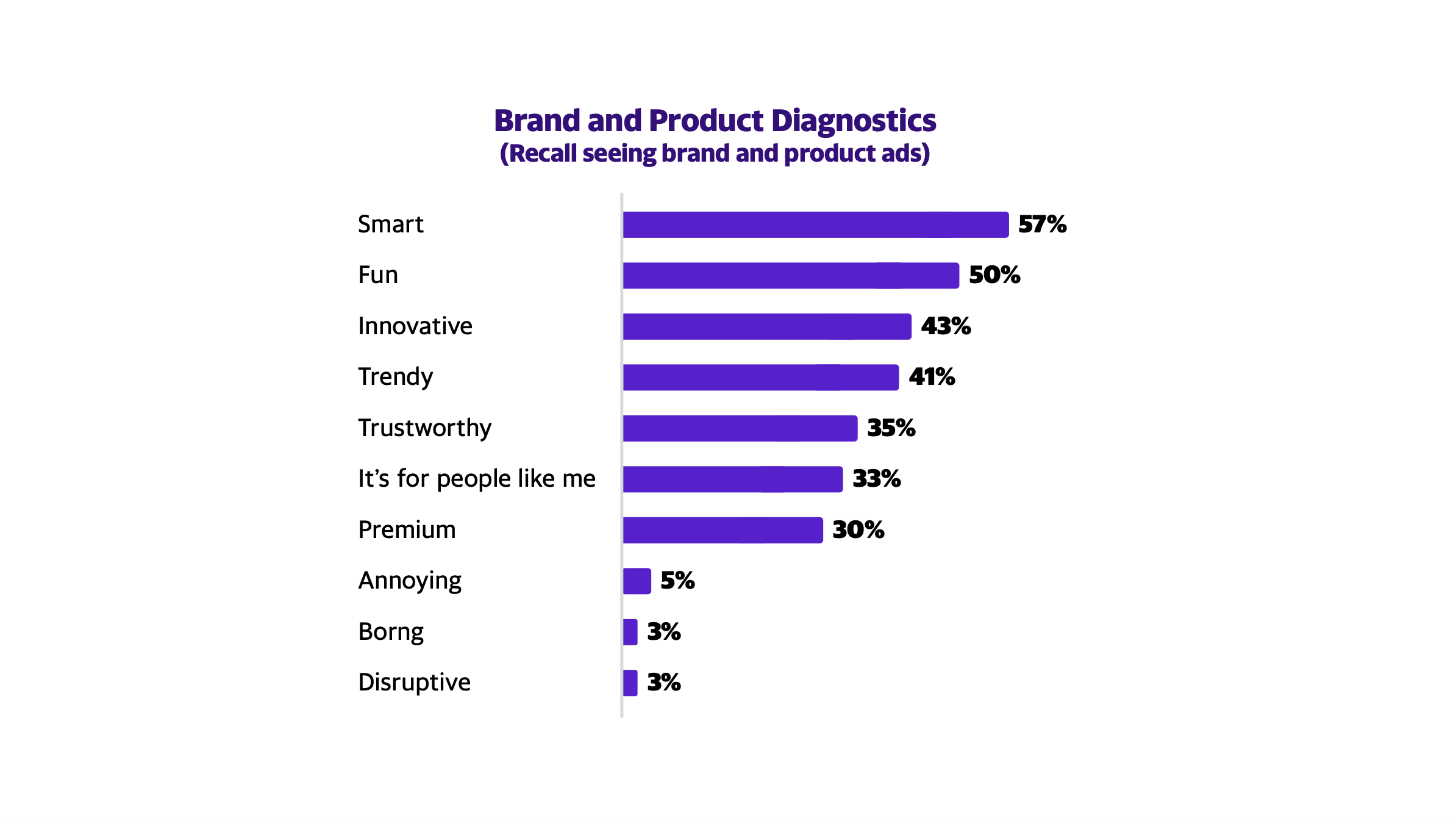Research reveals how DOOH drives shoppers at every point of the funnel
One key component of a robust media mix is digital out-of-home (DOOH) advertising, a must-use path to captivating audiences at point of sale.

As the world sheltered at home and purchased more products online, many believed that the brick-and-mortar shopping experience was on its way out. But the data begs to differ. Research shows that in-person shopping has made a strong comeback, rebounding sales by 8.2% last year to reach $21.094 trillion globally.1 That’s more than what shoppers spent in 2019 – a stunning revival that exceeded all expectations.2
While it’s true that e-commerce is experiencing record growth, it’s still a relatively small piece of the overall pie, accounting for only 20% of total retail sales worldwide.3 When you consider current buying trends and recent shopper data, advertisers would be wise to shift focus to in-person shopping experiences, which have proven their resilience. One key component of a robust media mix is digital out-of-home (DOOH) advertising, a must-use path to captivating audiences at point of sale. Currently, DOOH accounts for 36% of all out-of-home spend, and can be a complementary strategy to linear TV and CTV – especially as linear TV audiences begin to decline.4
Improved survey accuracy through technology
In partnership with MFour, we conducted a comprehensive study to enhance our understanding of DOOH’s impact on the in-store shopping experience. Our research measured consumer exposure and consumer perception of DOOH displays in the retail media space.
To gather the most accurate results possible, we used geofencing location technology to collect shoppers’ opinions within minutes of a validated visit to an out-of-home ad retail location. Once consumers left the store, we served them a 10-minute survey via a mobile app. Consumers had the potential to be exposed to 2,384 qualifying U.S. retail locations across three DOOH publishers.5
Measuring the power of DOOH

DOOH brings retail media into the physical world, engaging with shoppers at key points in their customer journey. Unsurprisingly, our findings showed that DOOH strongly resonates with consumers. One-third of shoppers surveyed recalled seeing at least one of the three formats to which they were exposed. When prompted, 63% recalled noticing the displays in the store.6
In addition to boosting awareness, DOOH also makes shopping more enjoyable. In fact, 59% of shoppers report that DOOH – with its engaging format and detailed information on deals, sales and products – improved their shopping experience.7
But most importantly, DOOH is proven to drive sales. The ads nudge shoppers toward impulse purchases, with 56% reporting purchasing an item featured in a DOOH display.8 Most of these purchases (65%) were unplanned, triggered after a customer interaction with the advertisement.9
Influence beyond the purchase
According to our research, the impact of DOOH doesn’t stop at the point of sale. On the contrary, 84% of those who noticed a brand or product advertised through DOOH are likely to consider it in the future.10 And they’re more willing to talk about it with their family or friends. Additionally, a majority of consumers will engage in a follow-up activity after seeing an advertisement. For example, they might share the product with others via social media or word-of-mouth or access a coupon or QR code related to the item – all actions indicate future loyalty to the advertised product or brand.
Furthermore, DOOH formats create a positive halo effect for the brand or products showcased. The tech-forward, innovative attributes of DOOH displays are projected onto featured products themselves: 43% of the brands shown were viewed as innovative, 41% trendy.

DOOH’s role in the media mix
There are many opportunities for out-of-home screens, including televisions in ride-shares and screens at gas pumps and checkout counters. And while it’s true that both DOOH and CTV engage audiences at scale through video-enabled technology, DOOH can reach consumers who are on-the-go and in an active mindset.
Programmatically, it’s easy to activate the same or similar assets on CTV and video-enabled DOOH in the same user interface, with straightforward reporting and measurement. Advertisers can consider DOOH as a type of CTV primer, as it amplifies an ad’s impact through thoughtful omnichannel experiences that blend in-home and out-of-home contexts.
Engage with customers via DOOH
DOOH advertising for brick-and-mortar retail offers marketers an innovative and full-funnel way to reach consumers. Yahoo DOOH reaches highly engaged shoppers at different touchpoints in their shopping experience, including the moment of purchase intent. Captivating audiences at the point of sale is a powerful tool for brands. We deliver this experience at scale with a DOOH national retail network across grocery and convenience stores, reaching more than 2 million monthly shoppers. The world is getting out of the house again, it’s time your advertising did as well.
Before you go out, check out our e-book to learn how DOOH can drive growth for you.
1, 2 Cramer-Flood, Ethan, 3 February 2022. “Spotlight on total global retail…” eMarketer.com
3 Coppola, Daniela, 3 February 2022. “E-commerce as a percentage of total retail sales worldwide from 2015-2025.” Statista.com.
4 Yahoo, Internal data, 2019.
5-10 MFour Mobile Research + Yahoo, “DOOH thought leadership research,” November 2021.
Ready to Start?
Hey, So Are We.
Our sales team can help you truly connect to audiences with unified solutions scaled for growth.
Get in Touch









